Theodosian Wall Stone Ladder
Climb a set of vertiginous stone steps to the top of this impressive ancient edifice.
When Emperor Theodosius II pitched his battlement plan in the early fifth century, it was to protect Constantinople from the likes of Attila the Hun. Today, visitors need not bring a horde of Visigoths to scale the Theodosian Wall, but a degree of intrepidity is helpful in scurrying to the top via this precarious stone ladder.
In 324, Constantine I founded Constantinople on the site of the old city of Byzantium as the capital of the Eastern Roman Empire. With increasing instability throughout the old empire, successive emperors sought to protect the city from invasions from the west and north, and in 404, the Theodosian Wall was begun.
The wall took nine years to build and it is nearly 4 miles long, stretching from the Golden Horn to the Sea of Marmara. The fortification is actually two walls with a moat, and is strengthened by 96 towers, each reaching some 60 feet tall, while the inner wall is approximately 15 feet thick.
Walking the wall is a popular activity for tourists, both along its base and atop the rampart. There are many easier access points than the stone ladder, but none as thrilling. And the panoramic view of Istanbul at the top is well worth the scramble.
Over the centuries, the walls have suffered significant damage as a result of frequent earthquakes, and with the dawn of modern warfare, they proved to be an obsolete defense against new technologies like the cannon. But nevertheless, the medieval walls were effective at protecting the capital of the Byzantine Empire for 1,000 years.
Know Before You Go
To find this stone ladder, walk west to the wall from Chora Church, climb to the top level, and follow the wall south to the steep steps that lead to the top of the tower. There are no railings on this segment of the wall making for a vertiginous experience at the top. Other hazards include mobs of adorable children in the Chora Church neighborhood who beg or offer to sell trinkets to tourists, all in an effort to distract from their expert pickpocketing. Ailurophobes should also beware.

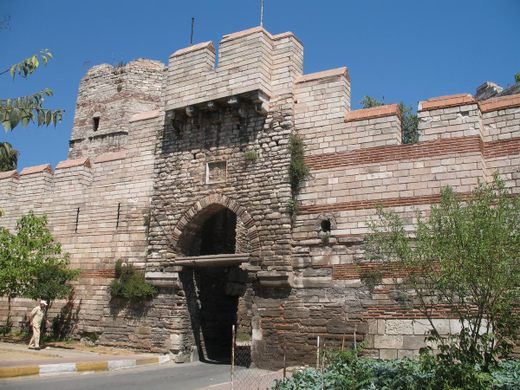
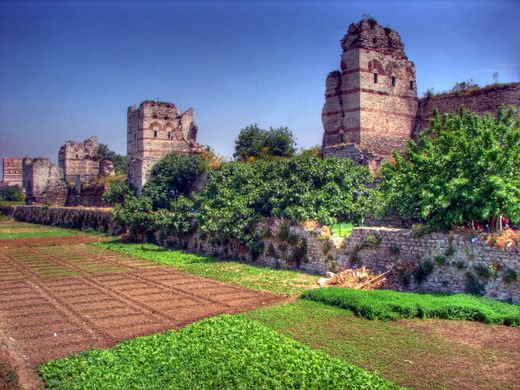
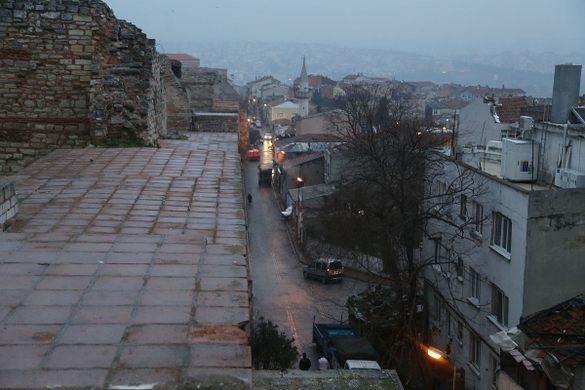
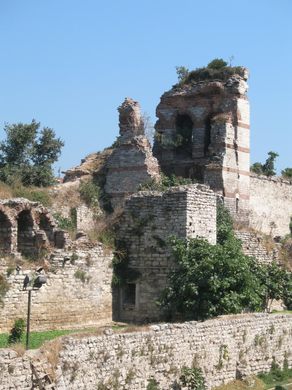









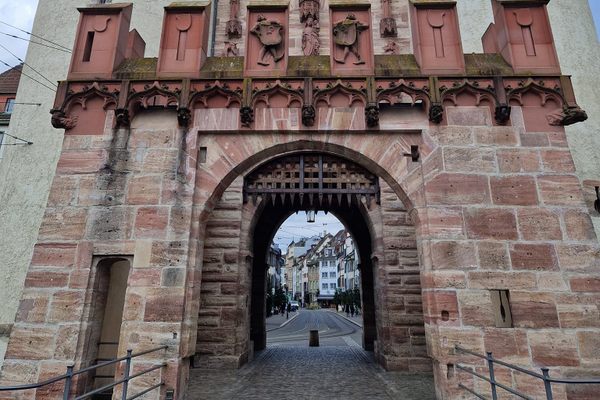
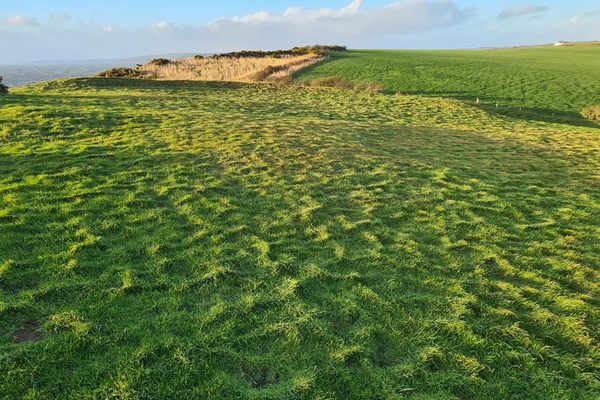


Follow us on Twitter to get the latest on the world's hidden wonders.
Like us on Facebook to get the latest on the world's hidden wonders.
Follow us on Twitter Like us on Facebook